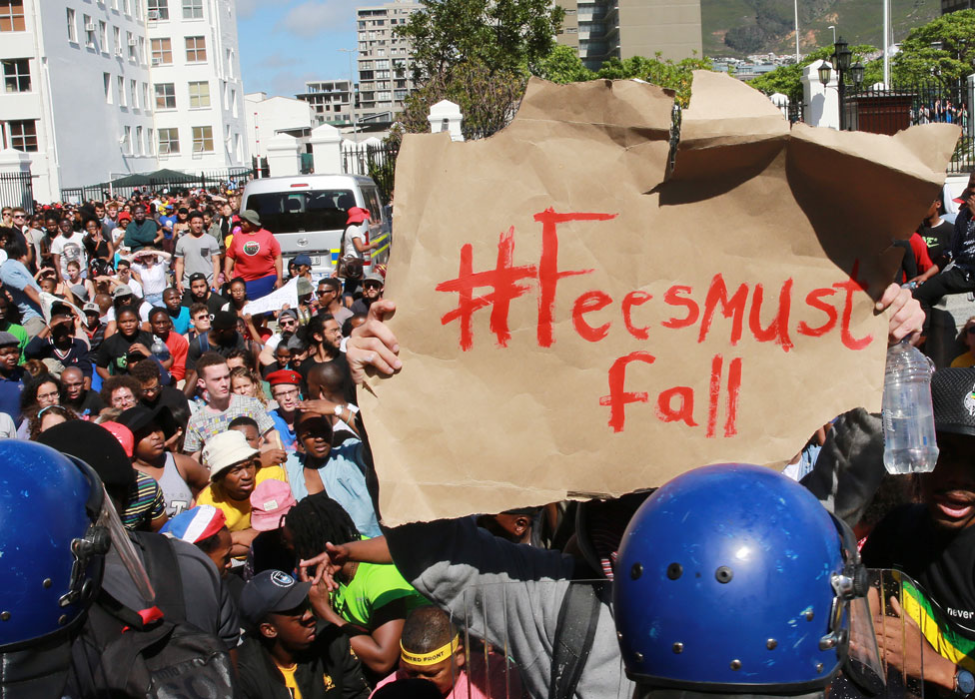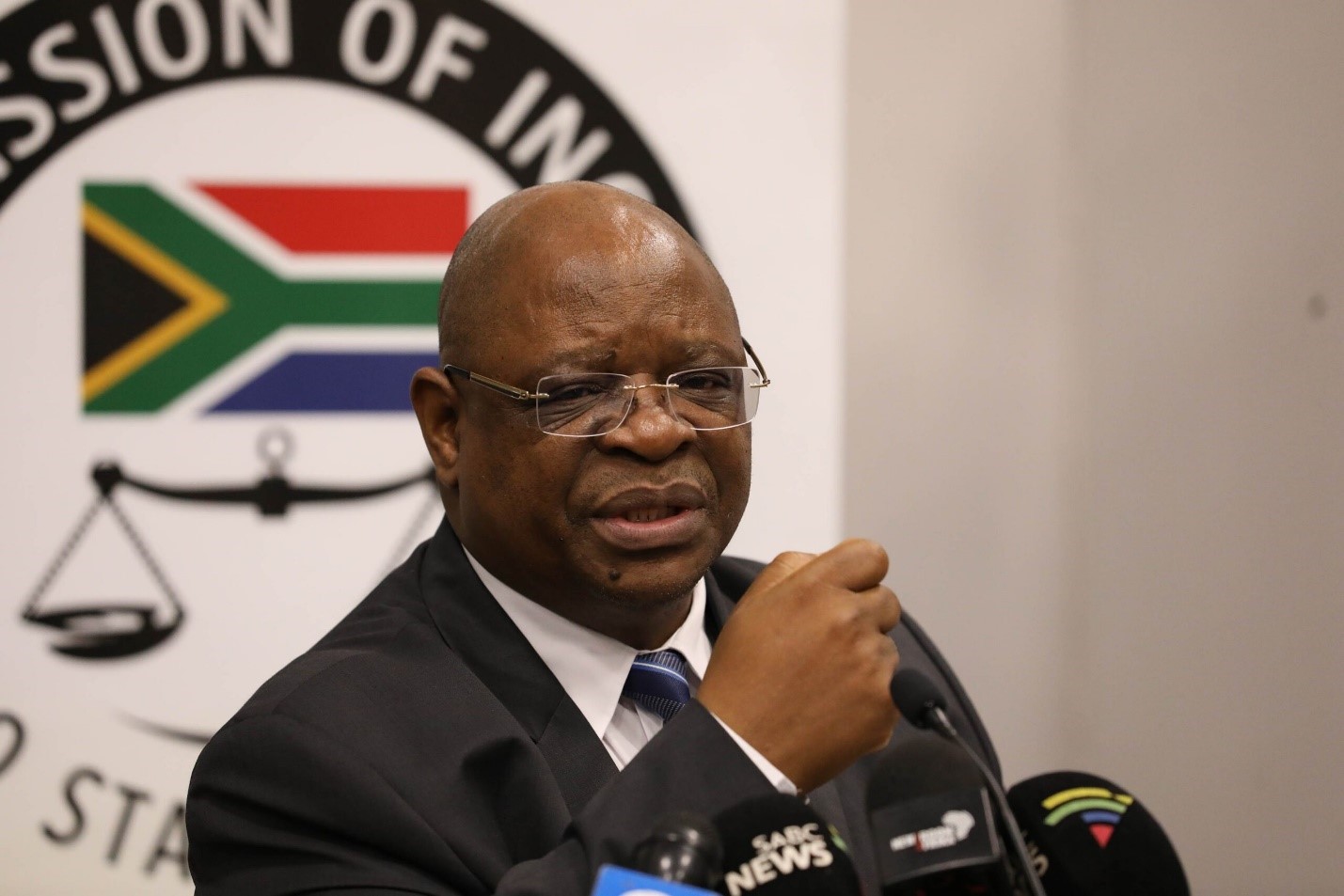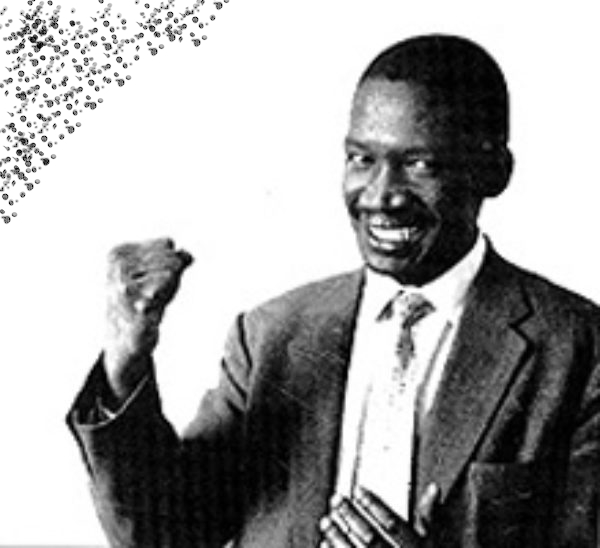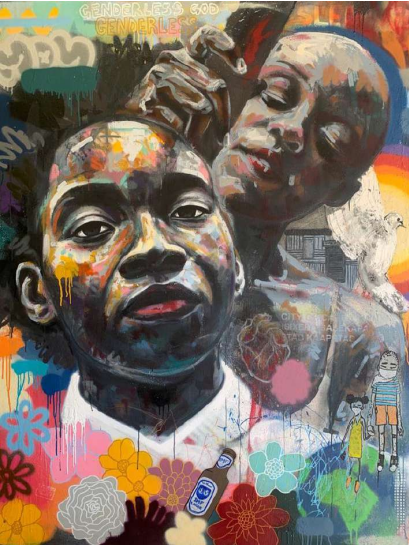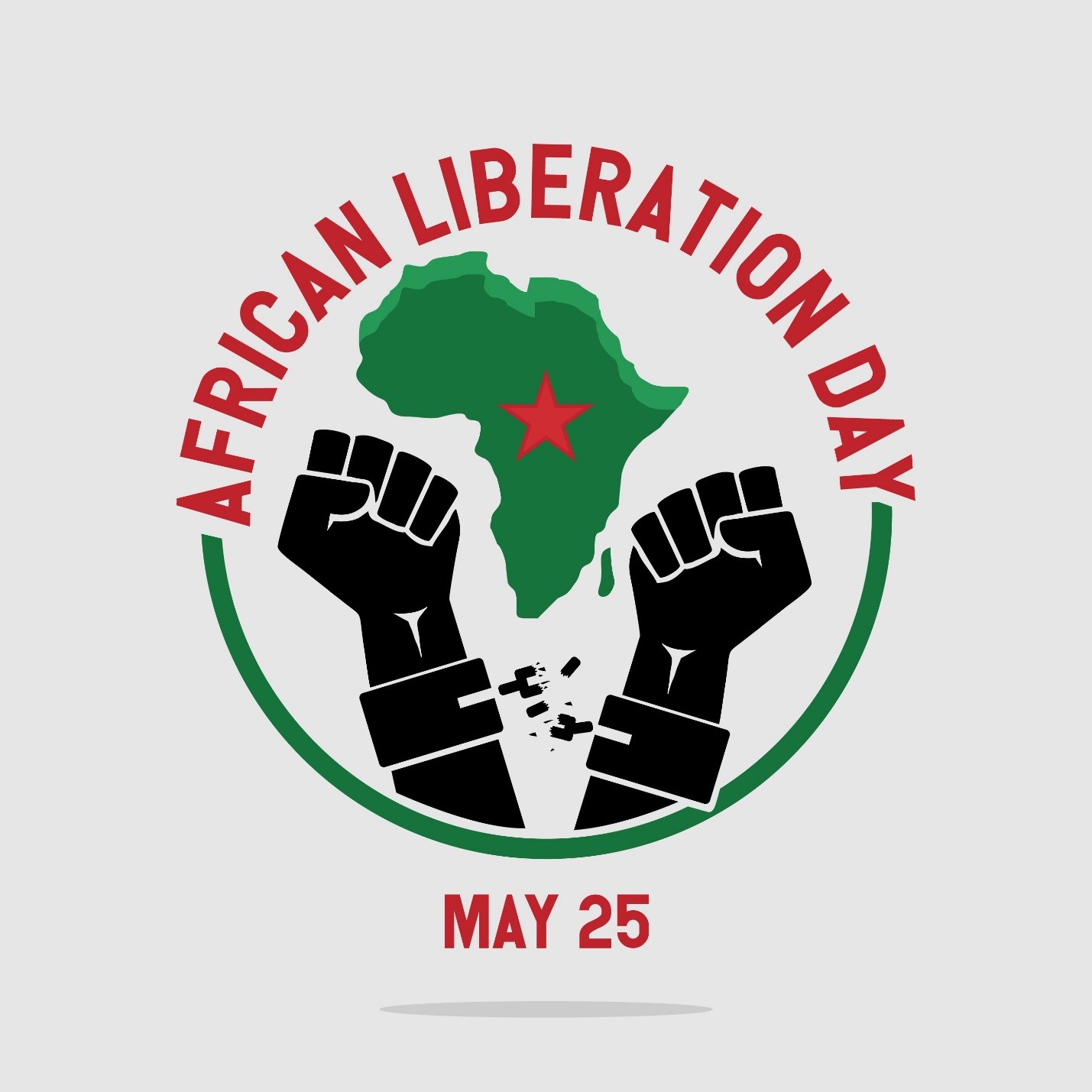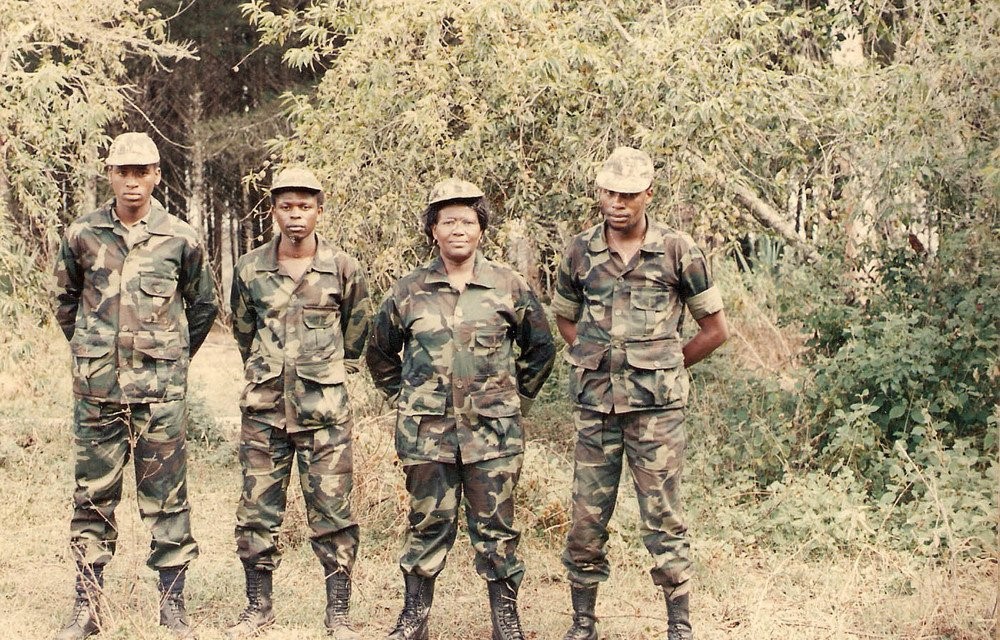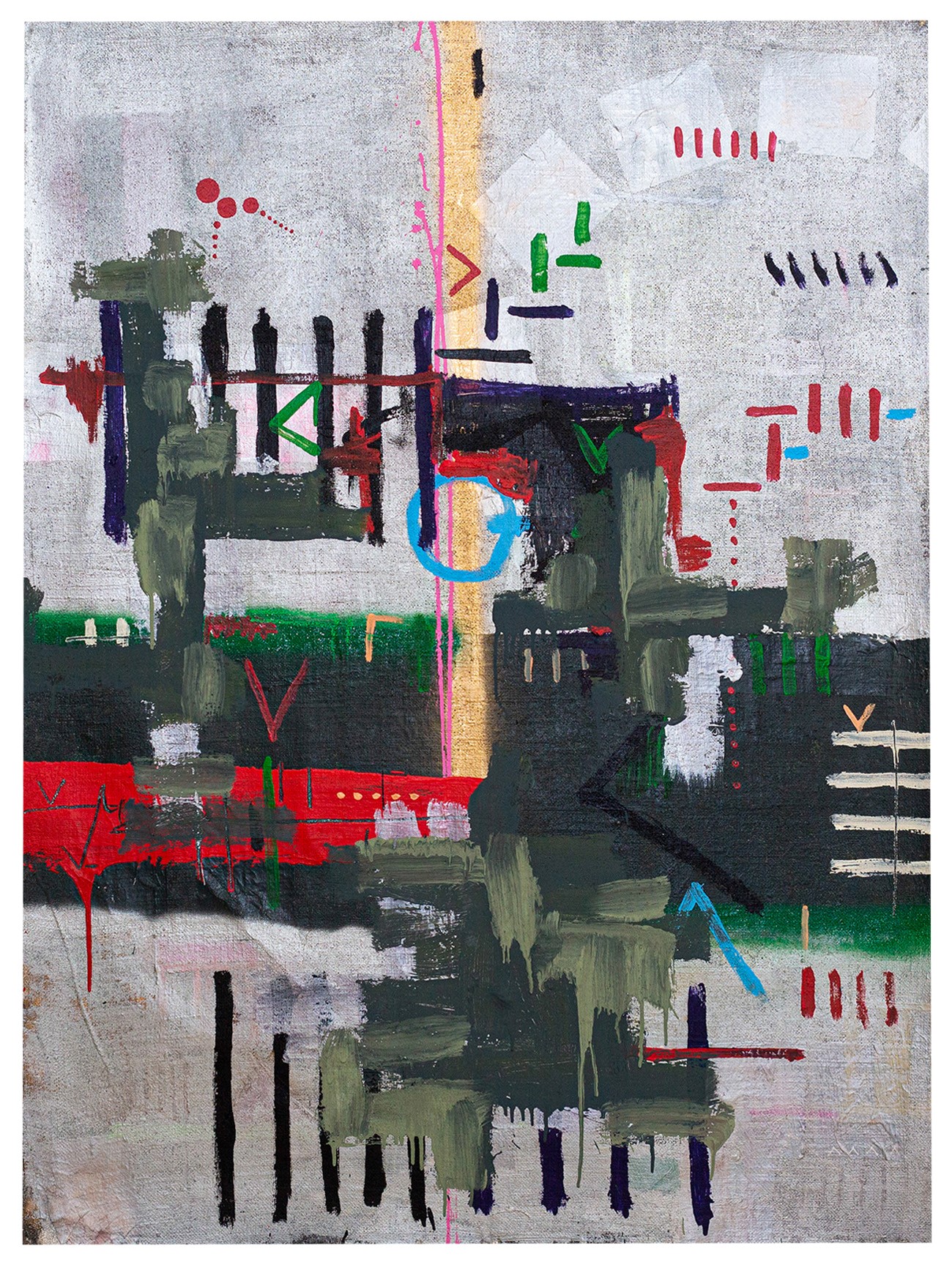This open letter serves as a reflection on the enduring impact of colonial bonds that have haunted education in South Africa's colony. Since the 1990s, it has been widely acknowledged that South Africa's higher education system is mired in a crisis, both structurally and philosophically. One of the major contributors to this crisis is the failure to address the legacies of empire, colonialism, apartheid, and the more recent influence of neoliberal ideology. The rise of movements such as #FeesMustFall, #RhodesMustFall, the Black Student Movement, the #OpenStellenboschCollective, and the recent #Asinamali demonstrations has been a striking indication that forms of neoliberal colonialism persist in the higher education system, more than three decades after the dismantling of institutionalized apartheid.
During the #RhodesMustFall demonstrations in Cape Town between 2015 and 2016, powerful signs and slogans emerged, capturing the frustrations of many. One particularly poignant statement read, "Our caregivers were sold visions in 1994—we desire a refund," challenging the flawed perception propagated by Mandela and Tutu of South Africa as the "rainbow people of God" and exposing the nation as a failed ideological experiment that has failed to fulfill the aspirations of millions of black individuals who remain trapped in systemic and intergenerational poverty.
The implementation of apartheid in South Africa stands as one of the darkest consequences of European colonization. This system ensured that people of different races had unequal legal protections and limited economic opportunities compared to whites. Apartheid's policy of racial segregation permeated all aspects of society, including education. Former President Nelson Mandela aptly described the apartheid school system as "a crime against humanity" due to its enforced racial segregation and discriminatory practices.
Under the apartheid regime, which gained power with the National Party's rise to presidency in 1948, a system of segregated and unequal schools was established. The Bantu Education Act was introduced specifically for the African population, drastically lowering the quality of education and promoting the dominance of Afrikaans in the curriculum for black students compared to their white counterparts. F. Verwoerd, the Minister of Native Affairs and a key figure in apartheid, explicitly stated that education was a means to reinforce white dominance, denying equal treatment to black individuals from an early age (Masinire, 2020, p.32). This contradicted Article 29 of the Universal Declaration of Human Rights, which emphasizes the holistic development of individuals and the promotion of human rights and liberties through education (Mao et al., 2019, p.12). The apartheid regime's approach to education stood in direct opposition to these principles.
Apartheid's racist policies further widened the existing gaps in access to education. The Bantu Education Act of 1952 mandated a curriculum for Black children designed to perpetuate their lack of education and keep them trapped in the underprivileged class (Gallo, 2020, p.22). This strategy deepened racial disparities by limiting the educational opportunities for students of color, contributing to the perpetuation of racial inequality. Moreover, access to education was not the only challenge; the apartheid laws imposed financial burdens on black families seeking quality education for their children. While white children received education at no cost, black schools imposed significant fees even at the elementary level, creating financial barriers that hindered access to quality education (Netshakhuma, 2019, p.13).
In any society, education plays a vital role in equipping individuals to become productive members of society. However, the apartheid system uniquely aimed to limit the productivity of its students, particularly non-white individuals, by preparing them for low-skilled and subordinate roles (Brookes, as cited in the text). It is evident that limited education opportunities result in limited life opportunities. As non-white individuals were denied equal educational opportunities necessary for higher-paying positions, those positions were predominantly reserved for white individuals. Consequently, non-whites were excluded from participating in South Africa's economy during the apartheid era, perpetuating a cycle of economic marginalization and poverty (Brown, 2020, p.56). UNESCO reported in 1960 that the racial prejudice in education led to only a small percentage of South Africans having access to higher education, resulting in a persistent scarcity of highly skilled workers in science and technology fields (Castelo & Ágoas, 2021, p.8). Eliminating these discriminatory policies in the post-apartheid era was a crucial step toward achieving social justice as it dismantled systemic barriers that reinforced social inequities. It is important to acknowledge that there were significant budgetary disparities within the educational system. Africans, Asians, Coloreds, and Whites received distinct forms of education that reinforced the notion of "separateness." Funding strategies and curriculum decisions under apartheid further exacerbated educational inequalities. While 96% of educators in white schools held credentials, only 15% of educators in black schools did (Masinire, 2020, p.37). Notably, there were disparities in the preparation of educators from different ethnicities. In 1949, a commission was formed in South Africa to develop new methods of educating children of different races, with the aim of aligning their education with the labor market's competitiveness (Gallo, 2020, p.17).
Education serves as the foundation for preparing students for future careers in every country. During the apartheid era, non-white communities were regarded as a source of cheap labor for white South Africans. Consequently, non-white schools lowered academic expectations to meet the specific requirements of various industries, effectively preparing students for unskilled labor positions (Gallo, 2020, p.24). The disparity in funding was glaring, with significantly more resources allocated to white students compared to their African counterparts. The apartheid regime not only undermined educational standards by cutting funding to religious schools but also shut down other academic institutions (Gallo, 2020, p.24). This had a disproportionate impact on black pupils, as many black families relied on church schools for their children's education (Netshakhuma, 2019, p.14). The closure of educational institutions that served black students represented the most severe form of academic discrimination and injustice, even if the authorities justified their decisions based on the separation of church and state. The disparities in accessing higher education were directly linked to policy and funding inequities in schools (Netshakhuma, 2019, p.17). Out of South Africa's nine institutions, four taught exclusively in Afrikaans, one exclusively in English, and the remaining five practiced some form of racial segregation.
Additionally, grants, scholarships, and access to financial institutions were largely inaccessible to people of color. Even if students managed to overcome the challenges of subpar teaching and overcrowded classrooms, they faced financial barriers that limited their academic potential. The funding crisis also led to significant salary reductions for educators in African countries, resulting in a shortage of qualified teachers and adversely impacting educational quality (Iredale, 2021, p.16). These financial limitations impeded efforts to expand educational infrastructure and exacerbated the inequality in resources available to different communities.
The primary objective of African education was to improve primary school enrollment and literacy rates. The government advocated for smaller class sizes and emphasized foundational subjects in elementary schools. However, from 1957 onward, government funding for private educational institutions serving Africans was discontinued, making it difficult for black individuals to afford alternative options (Gallo, 2020, p.9). As of 1990, government spending on white students was up to four times higher than for African students (Gallo, 2020, p.22). Despite whites' greater economic means and higher living standards, the cost of education was disproportionately higher for black individuals. The apartheid regime's official approach significantly impacted schools, resulting in immense suffering for the African, Colored, and Asian minorities. UNESCO highlighted the lack of adequate resources in African schools, hindering the academic pursuits of ambitious African students, particularly those interested in the sciences (Iredale, 2021, p.16). Discrimination based on race was a defining characteristic of apartheid, with preferential treatment given to whites in terms of educational opportunities. Black children, in particular, faced limited educational prospects of lower quality. Education in South Africa was wielded as a powerful tool to enforce white supremacy over other ethnicities, perpetuating colonial and apartheid influences (Abdi, 2021).
All the above observations are reflective of the experiences and perspectives of a fallist, questioning whether the #FMF movement will fade into history. Bolekaja.

